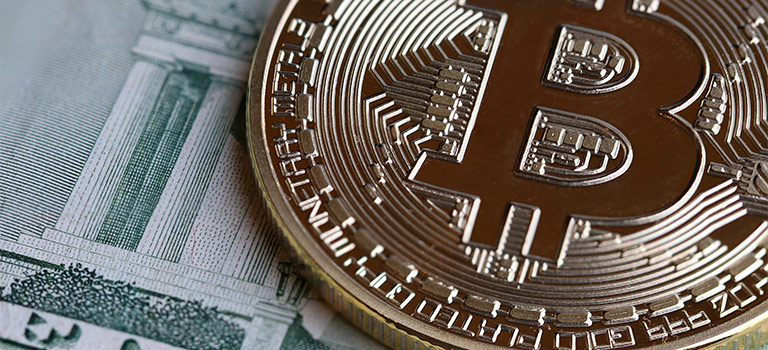PALO ALTO, Calif. (Reuters) - The Federal Reserve is looking at a broad range of problems around digital payments and currencies, consisting of policy, design and legal considerations around potentially releasing its own digital currency, Guv Lael Brainard stated on Wednesday. Brainard's remarks recommend more openness to the possibility of a Fed-issued digital coin than in the past." By changing payments, digitalization has the prospective to provide greater value and benefit at lower expense," Brainard stated at a conference on payments at the Stanford Graduate School of Business.
Reserve banks worldwide are debating how to manage digital financing technology and the dispersed ledger systems utilized by bitcoin, which assures near-instantaneous payment at potentially low cost. The Fed is establishing its own day-and-night real-time payments and settlement service and is presently evaluating 200 remark letters sent late in 2015 about the suggested service's design and scope, Brainard stated.
Less than two years ago Brainard told a conference in San Francisco that there is "no compelling http://lukasnwor811.yousher.com/fedcoin-and-the-digital-dollar-explained-whatismoney-info showed requirement" for such a coin. However that was before the scope of Facebook's digital currency aspirations were extensively understood. Fed officials, consisting of Brainard, have actually raised issues about consumer securities and information and privacy dangers that could be postured by a currency that could come into usage by the 3rd of the world's population that have Facebook accounts.
" We are collaborating with other reserve banks as we advance our understanding of reserve bank digital currencies," she said. With more countries looking into issuing their own digital currencies, Learn more Brainard stated, that includes to "a set of factors to also be making certain that we are that frontier of both research study and policy development." In the United States, Brainard said, problems that require study include whether a digital currency would make the payments system much safer or simpler, and whether it could posture monetary stability risks, consisting of the possibility of bank runs if cash can be turned "with a single swipe" into the central bank's digital currency.

To counter the monetary damage from America's unprecedented nationwide lockdown, the Federal Reserve has actually taken unprecedented steps, consisting of flooding the economy with dollars and investing straight in the economy. Many of these moves received grudging approval even from numerous Fed skeptics, as they saw this stimulus as required and something just the Fed could do.
My brand-new CEI report, "Government-Run Payment Systems Are Risky at Any Speed: The Case Versus Fedcoin and FedNow," information the dangers of the Fed's existing prepare for its FedNow real-time payment system, and proposals for central bank-issued cryptocurrency that have actually been dubbed Fedcoin or the "digital dollar." In my report, I talk about concerns about privacy, data security, currency control, and crowding out private-sector competitors and innovation.
Proponents of FedNow and Fedcoin state the federal government must develop a system for payments to deposit quickly, rather than motivate such systems in the private sector by raising regulative barriers. However as noted in the paper, the economic sector is providing an apparently limitless supply of payment innovations and digital currencies to solve the problemto the degree it is a problemof the time gap between when a payment is sent out and when it is gotten in a checking account.
And the examples of private-sector development in this area are numerous. The Clearing Home, a bank-held cooperative that has actually been routing fedcoin news interbank payments in numerous View website kinds for more than 150 years, has actually been clearing real-time payments since 2017. By the end of 2018 it was covering half of the deposit base in the U.S.